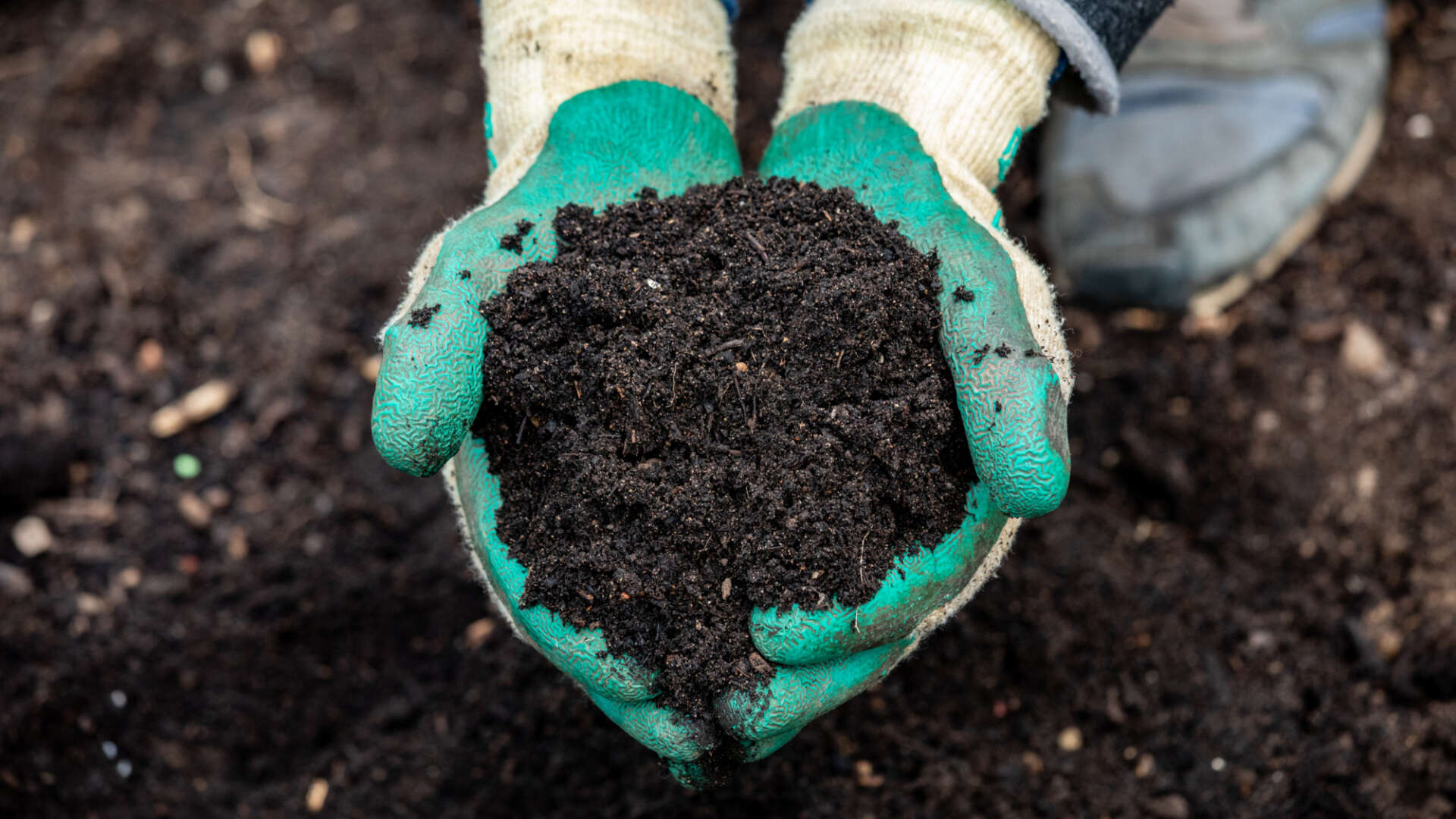10 reasons to love your soil
Soil is not dirt – it’s a living layer of organic materials, water and air that’s full of life and supports life. Here's why you should be nurturing what's under your feet this World Soil Day.

There are more living organisms in soil than there are people on earth
- Our soils are home to around a quarter of our planet’s life forms. There are more living organisms in a quarter of a tablespoon of soil than there are people on earth.
- Soil is made up of bacteria, nematodes, earthworms and microorganisms. Only one per cent of the microorganisms found in soil have been identified so far.
- Soil-based earthworms are the organic grower’s best friend. Soil with worms is a healthy soil and provides the perfect conditions for plant roots. Worms digest raw ingredients, breaking them down and secreting a nutrient-rich mix. In turn, having worms in your garden also provides food for birds and small mammals.
- Mycorrhizal fungi exists in nearly all soils and is made up of a network of spidery fungi that supports plant roots, absorbs water and distributes nutrients.
- Soil quality and composition can vary enormously even within a small garden. Some are free draining; others compacted; some can be slow to warm up in spring. Britain has more than 700 different types of soil thanks to its wide range of rock types and varied climate – and all come in different layers, including an organic layer (decaying plant matter), topsoil (full of plant roots and microorganisms), subsoil and bedrock. Find out your soil type by downloading our Soil Pack.
- We might not give it a second thought, but the soil under our feet provides us with 95 per cent of our food supply. It’s responsible for providing plants/crops with everything they need to grow including food, air, water and space for their roots.
- Soil stores and filters water, providing us with water and improving our resilience to flood and drought.
- Peatlands – which include blanket bogs, lowland raised bogs and lowland fen - are home to birds, insects and unusual plants that aren't found anywhere else. You can support these precious places by swapping peat compost for peat free. Find out more.
- Our soils helps us combat climate change by storing vast amounts of carbon – more than plants and forests. In the UK this is around 10 billion tonnes of carbon, half of which is found in our peat habitats. Losing this store to the atmosphere would create emissions that are equivalent to more than 50 times the UK’s current annual greenhouse gas emissions.
- Soil can die. It’s taken three billion years for our UK soils to develop into their current form, but compaction, overuse, pesticides and fertilisers can all disrupt soil life and health. Every minute, we lose the equivalent of 30 football pitches of fertile soil. Soil is considered a nonrenewable resource, meaning we must look after it.
Good organic soil management is vital if plants are to grow well. It's perhaps the most important part of growing organically. Find out how to manage and nurture your soil for optimum health via our Soil Hub or download our Soil Information Pack.

Support precious peat bogs by swapping peat compost for peat free